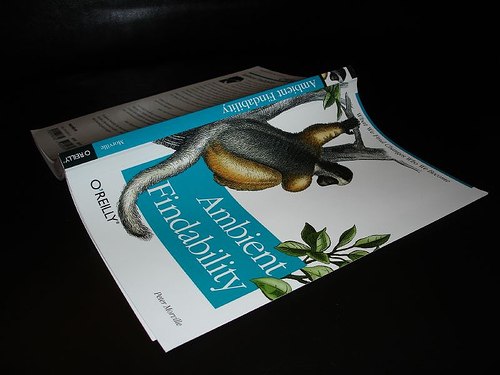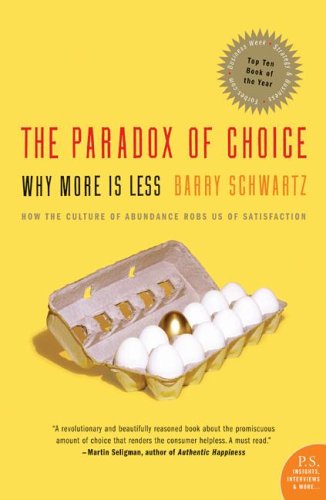Apologies for the little and non-existant posts here within reloade the past few months. I’ve been living and working in London and travelling a bit that it has been almost impossible to post to the journal.
A lot has happened since I arrived here in London, both with family and friends, and also my working experience, for both Sapient and most recently for Oyster (now Framfab UK).
Thanks for the emails and the requests for more updates. Yes, I am alive :) and I will be posting more soon.
In the meantime, here are some pics from my UK and Europe visit in my Flickr gallery. I’ll be presenting this coming weekend at ASIS&T Euro IA 2005 in Brussels so if you are around, I’ll see you there. It aims to be one excellent conference and the first Information Architecture conference in Europe.
Take care and see you real soon, Fredy :)



